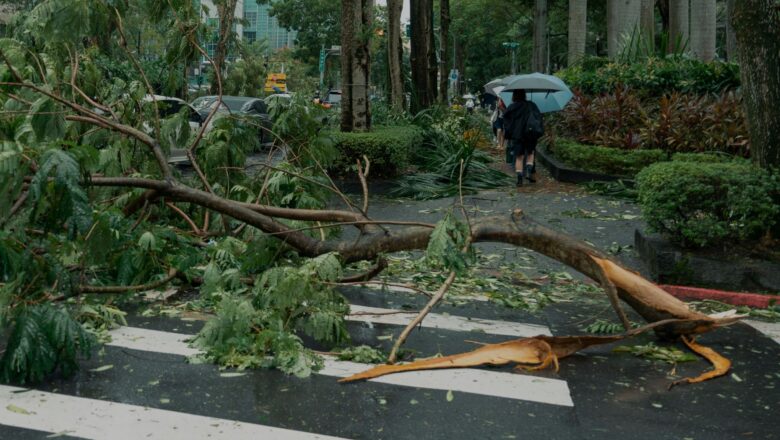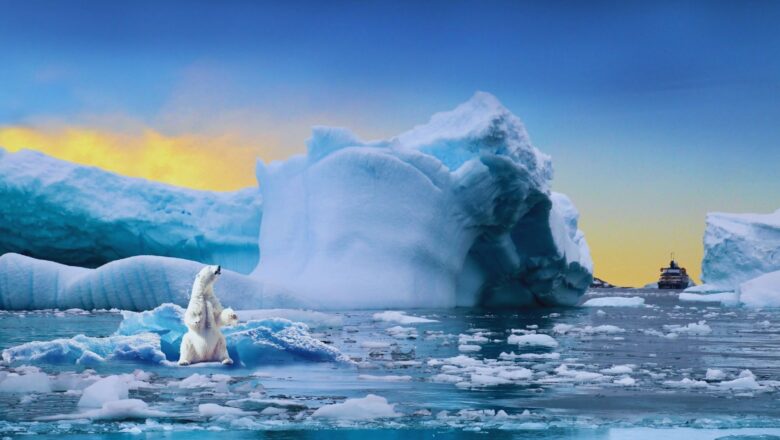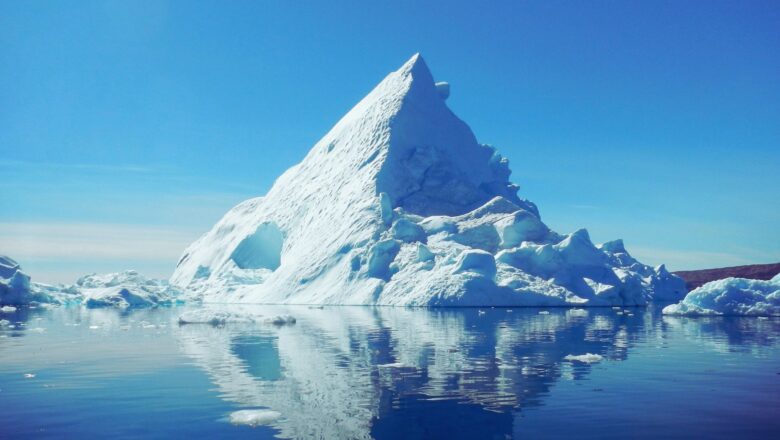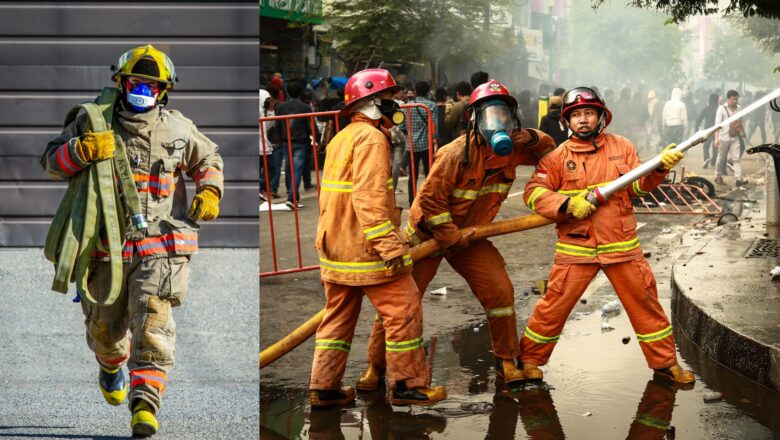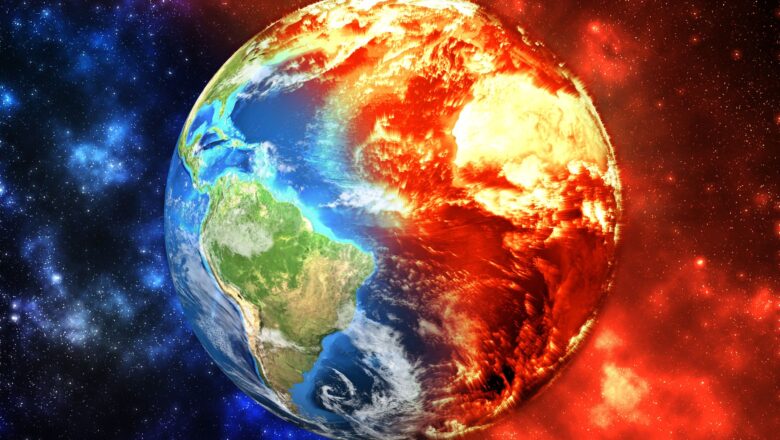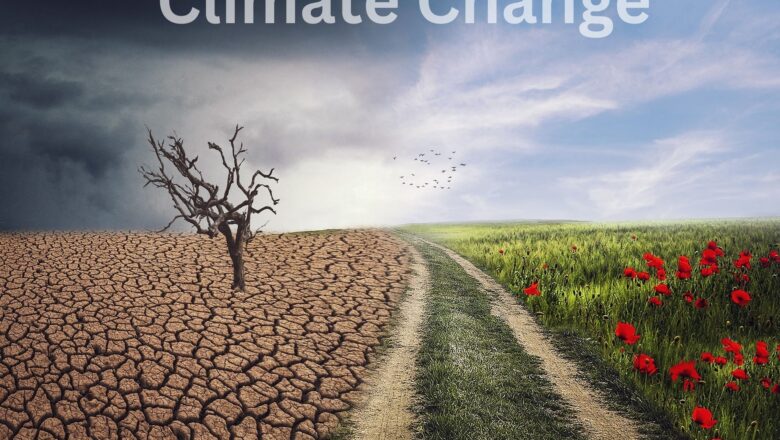
Tepary Beans Offer Hope for Climate Resilient Crops
As climate change intensifies heat and drought conditions worldwide, the cultivation of common beans a staple food for millions is becoming increasingly challenging. Scientists are turning to the tepary bean, a desert-native legume, to develop more resilient bean varieties that can thrive under extreme conditions.
The tepary bean, native to the Sonoran Desert, is uniquely adapted to hot and dry environments. “They are able to grow under drought and high heat conditions,” says Carlos Urrea, a dry edible bean breeding specialist at the University of Nebraska.
Urrea and his team are working to harness the drought and heat tolerance of tepary beans by identifying and transferring their resilient genes into common beans. They’re also integrating disease resistance traits, creating hybrid ...

